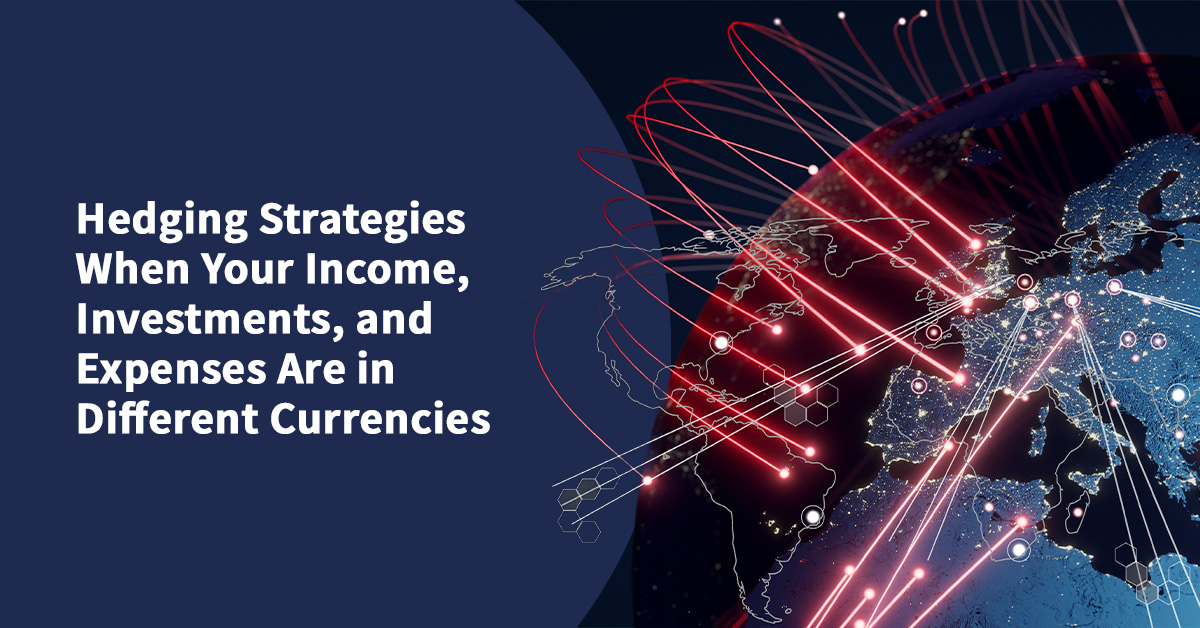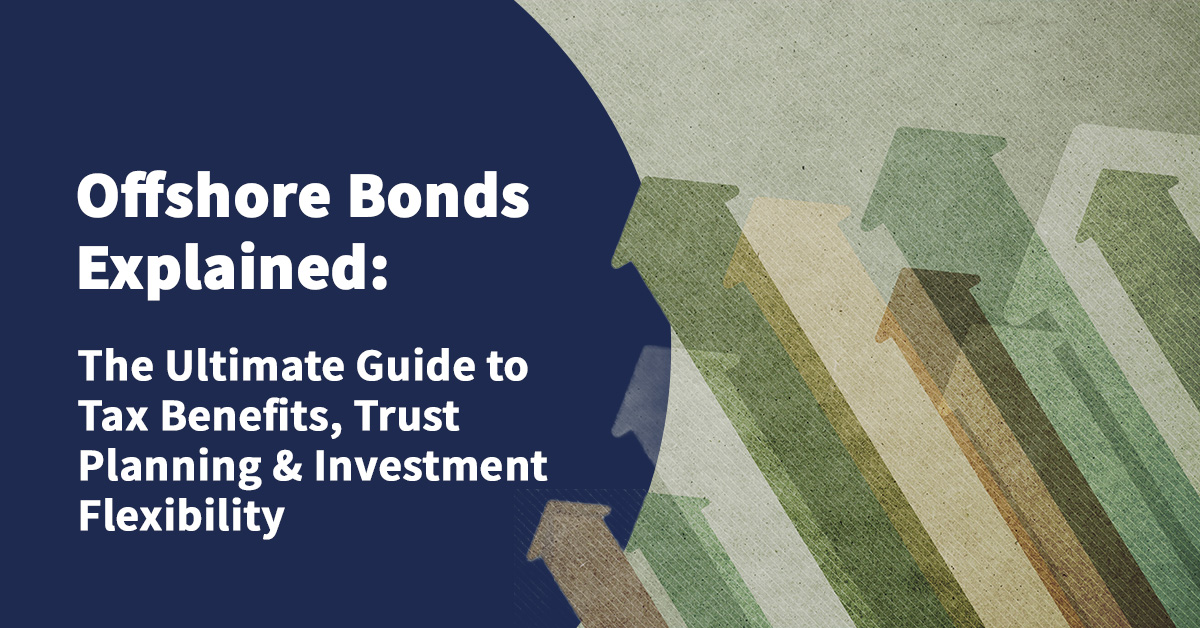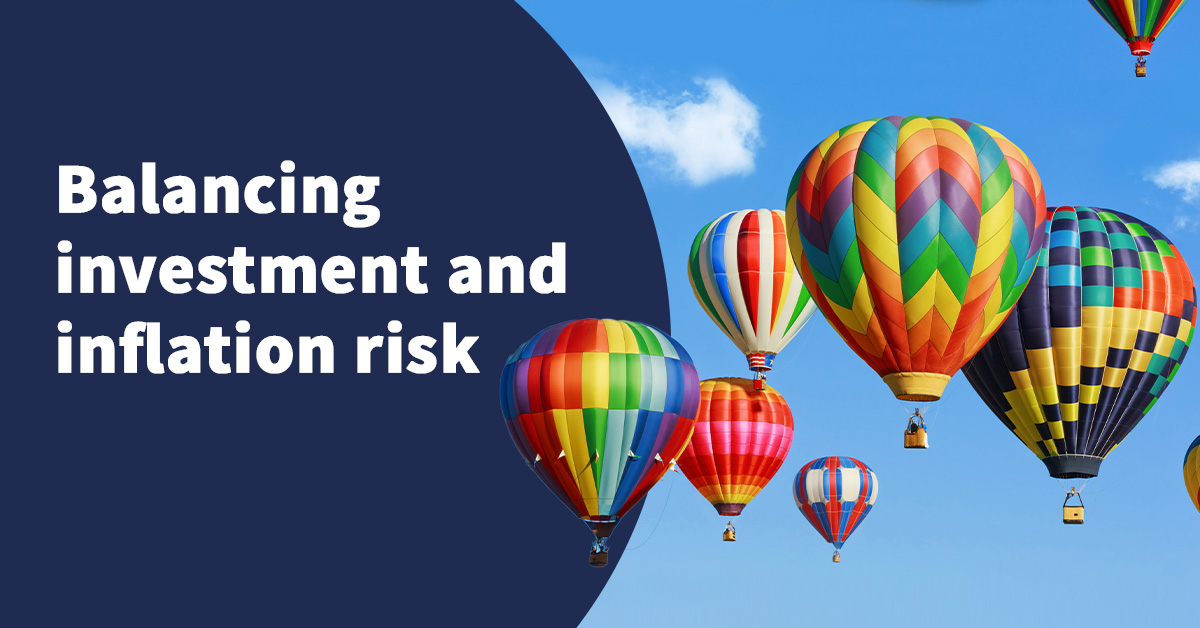Prices are up, and markets are down:
When we look back over the past 50 years, we can make a long list of all the things that made markets go down. But we have to accept that these shocks will happen and they cannot be predicted.
This time there is inflation, fear of a recession, a war in Ukraine, and increased volatility. We don’t know when this will end. We also won’t know exactly what will cause the next shock or when it will occur.
The only thing one can guarantee is that it’s going to be a surprise (because if it weren’t, the market would have priced that in).
The current slew of negative political and economic news understandably impacts the risk appetite of investors. However, staying the course while adapting to the context is important
There are three reasons why:
- Time in the market, not timing the market, delivers returns.
- Compounded long-term returns tend to outweigh the losses prompted by episodic crises.
- In the context of high inflation, cash is riskier than equities for capital preservation.
Trying to time the market to buy before ‘good’ days and sell before ‘bad’ ones is impossible. Staying invested is critical to capture all the good days that drive returns, but inevitably that means accepting some bad ones too.

There’s no proven way to time the market. Targeting the best days, moving to the side-lines to avoid the worst, or waiting for the market to ‘pick up before you invest. Missing only a brief period of strong returns can drastically impact overall performance.
In times like this, when stock prices have come down, the market is setting prices so shares will have a better return and attract buyers. When you see a drop, prices are lower so that, going forward, the people who buy have a greater chance of having a positive outcome.
It is also important to consider ‘risk’ in a broad sense: not just investment risk, but inflation risk too, In an inflationary environment it is important that investors are not completely paralysed by risk aversion.
Lower risk assets such as cash may appear safe and not fluctuate, but in an inflationary regime cash is high-risk over the medium to long term as its purchasing power is destroyed by inflation. The volatility of cash is not, in fact, zero, but is impacted by the volatility of inflation. And when inflation volatility is high, the riskiness of cash is high. So in inflationary territory keeping money as cash is not king.
As a long-term investor, the good news is: You can try to mitigate inflation risk
Performance since the 1970s illustrates the equity market’s value as a long-term protector of returns.
It is always a good idea to talk to an expert before making any financial decisions.
Let’s start the conversation
Online enquiry form
Related posts
 Published On: November 14, 2025|5 min read|
Published On: November 14, 2025|5 min read|The Hidden Risks of Going It Alone with Your Investments
Many people start trading their life savings after reading a few investment books or watching online tutorials. Here’s why that can be dangerous — and when it’s perfectly fine to trade with spare money instead.
Read more
 Published On: October 16, 2025|4.6 min read|
Published On: October 16, 2025|4.6 min read|Hedging Strategies When Your Income, Investments, and Expenses Are in Different Currencies
Practical hedging strategies for multi-currency investors: natural hedges, sensible hedge ratios, forwards, multicurrency cash buckets, and when to use hedged funds—so FX risk doesn’t derail your goals.
Read more
 Published On: October 9, 2025|9.3 min read|
Published On: October 9, 2025|9.3 min read|Offshore Bonds Explained: The Ultimate Guide to Tax Benefits, Trust Planning & Investment Flexibility
Discover how offshore bonds work, their tax advantages, trust planning opportunities, charges, and whether they’re right for your financial plan.
Read more















